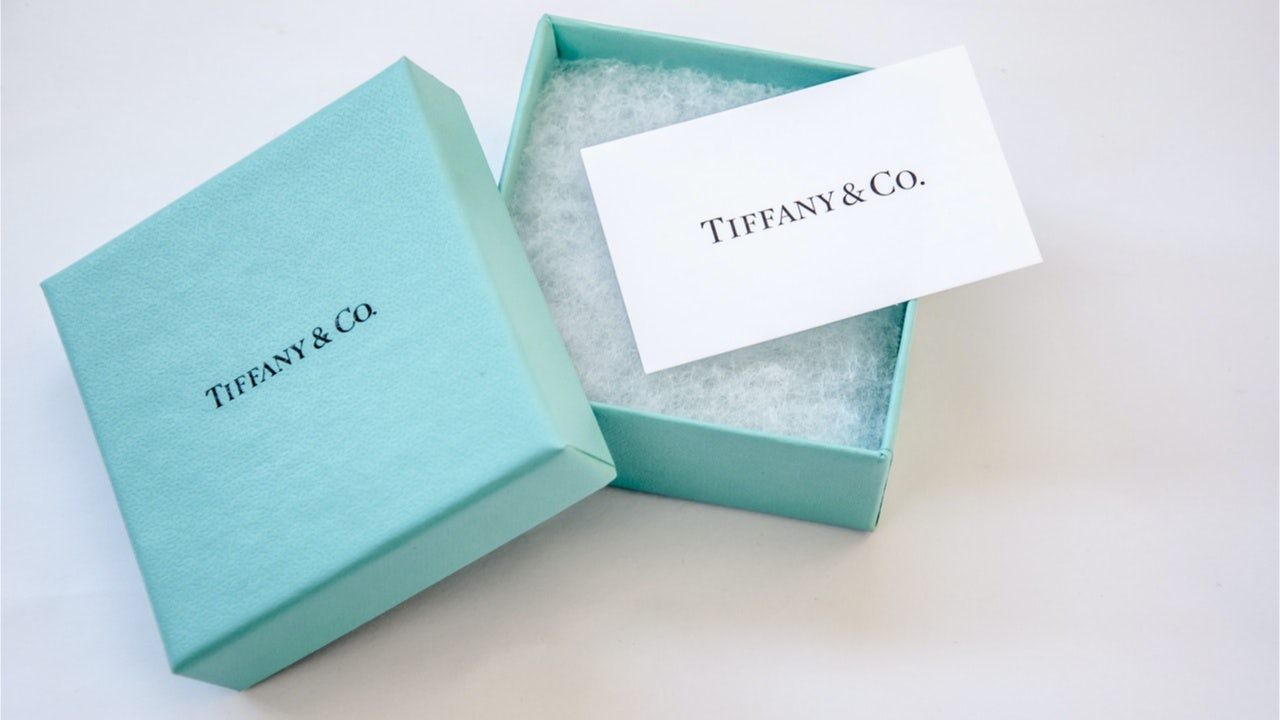What happened
: According to The Wall Street Journal, the legal battle between LVMH and Tiffany & Co. has finally ended. The revised deal comes with a $430 million discount off of the original $16.2 billion offer. LVMH Moët Hennessy Louis Vuitton SE is now paying $131.30 per share for Tiffany’s stock, compared to its original offer of $135 per share.
Jing Take#
: The buyout is hardly surprising if we consider the strategic importance of Tiffany. Having the American jeweler under its belt, the French conglomerate can now compete with its primary challenger in the luxury jewelry market, Richemont.
While LVMH leads in other luxury segments (including handbags, cosmetics, and apparel), the French conglomerate is not the global leader in fine jewelry and is losing market share to its Swiss competitor, which owns Cartier, IWC Schaffhausen, Montblanc, Vacheron Constantin, and Van Cleef & Arpels.
According to Bain & Co., the jewelry segment was one of the best-performing in luxury in 2018. Plus, Tiffany is performing well with the mid-level market and younger, first-time luxury buyers, who are looking for more affordable options than investment pieces from Cartier or Bvlgari. “From Tiffany's perspective, we see the access to capital, global and high luxury expertise as likely to boost Tiffany's transition considerably,” said Atlantic Equities analyst Daniela Nedialkova.
At the same time, LVMH executives see the critical importance of Tiffany's supply chain, which is vertically integrated — meaning that it allows the American jeweler to control every part of the process, from production to sales. This control is especially important in the jewelry industry, where it gets increasingly difficult to trace the journey and provenance of gold, precious metals, and diamonds. In an industry that was associated with “blood diamonds,” Tiffany’' reputation and commitment to the sustainable supply chain stand out.
As younger luxury shoppers have become more aware of social and environmental issues, they have begun pursuing sustainable luxury, and heritage brands have grasped the value of building a sustainable supply chain. And LVMH knew this aspect was a strong suit of Tiffany & Co.
The Jing Take reports on a piece of the leading news and presents our editorial team’s analysis of the key implications for the luxury industry. In the recurring column, we analyze everything from product drops and mergers to heated debate sprouting on Chinese social media.
